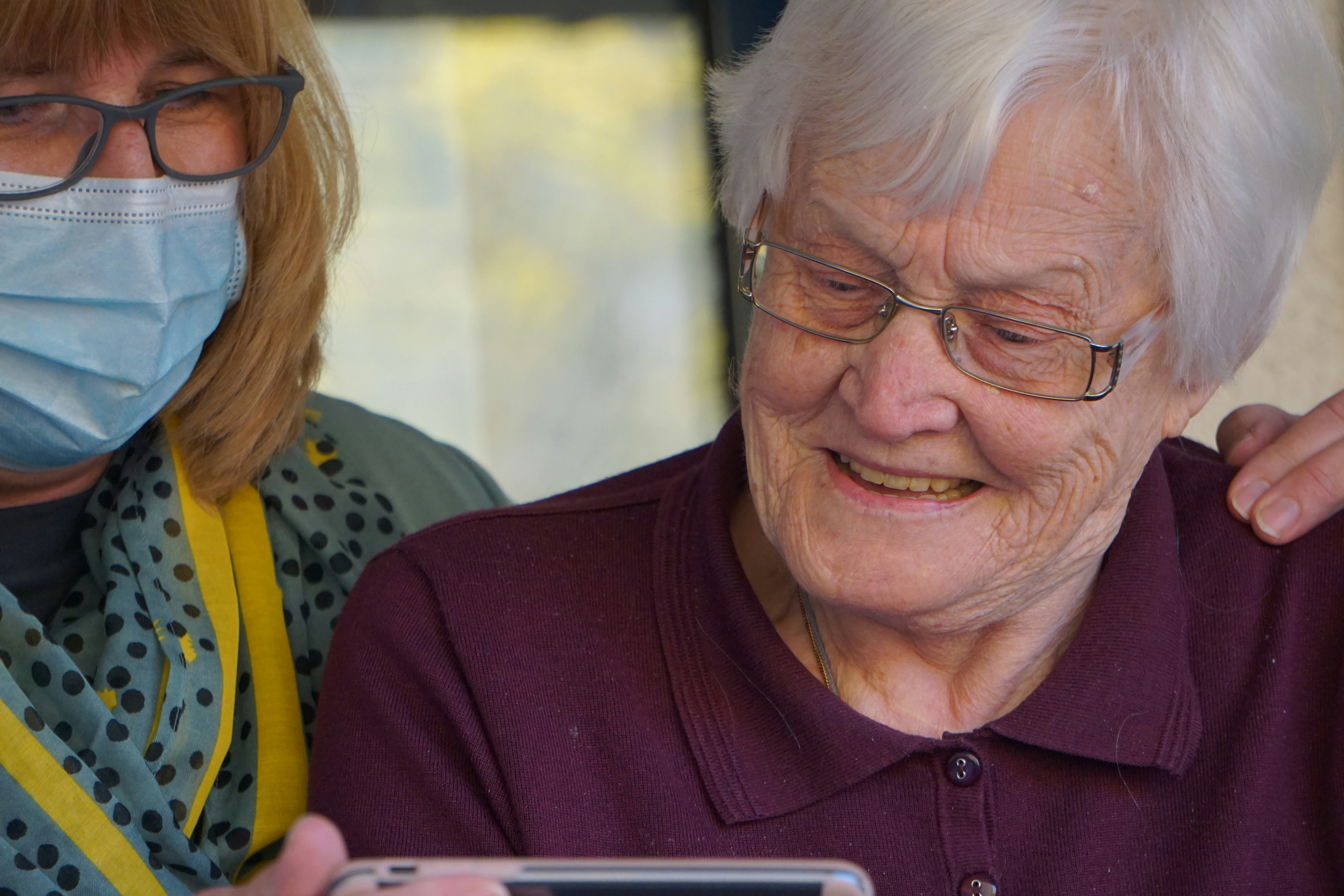Understanding Dementia: How are you doing?
Most often, when family member’s or friends begin to navigate the uncharted territory of supporting someone diagnosed with a neuro-cognitive disorder such as vascular dementia, dementia with Lewy bodies, Alzheimer’s disease, or frontotemporal dementia (FTD), very little attention is given to those who will provide the “care” and “support” for the person. Two-thirds of primary support persons in the home environment is provided by female relatives such as daughters or a daughter-in-law. Spouses and siblings make up another group, and while sons are increasingly taking on the role to provide the support, females are still more likely to provide the personal care such as bathing and dressing.
The words “care” and “support” are often used synonymously, however “care” tends to focus on maintaining a safe environment, providing for the basic needs such a personal care, and offering healthy meals. “Support” on the other hand tends to go a step further: promoting independence, autonomy, and well-being. Research shows to ensure your family member receives quality care and support, participating in formal trainings will increase the understanding of dementia, strengthen practical skills, increase confidence, address the importance of positive communication, and help reduce the stress of providing constant support.
Sadly however, only 7% – 11% of family members receive formal trainings to understand dementia and strategies to support the person. Reasons for not seeking professional guidance include the family’s lack of awareness of resources, understanding the benefits of the trainings, cultural differences, financial barriers, and time constraints.
If you are providing care and support for someone living with a dementia, take time to honestly assess the effectiveness of the strategies you are currently using and decide if some of these strategies are really not helpful. Learning new skills could give you a boost, and improve quality of life and well-being for the whole family.
If you would like more information about our Memory Ministry, our Memory Cafe or Family and Friends Workshops, please contact Vicky at vpitner@firstumc.org.


